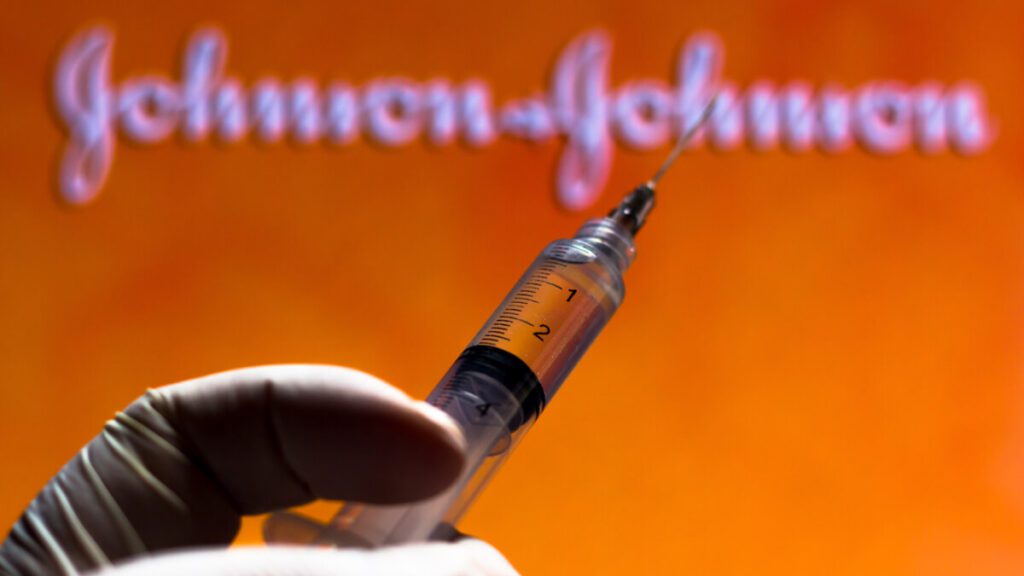
Johnson & Johnson (J&J) announced late last week its single-dose COVID-19 vaccine that proved to be 85 percent effective in preventing severe disease across all regions studied, 28 days after vaccination in all adults 18 years and older.
The J&J single-dose COVID-19 vaccine – which was developed by its Janssen Pharmaceutical Companies – underwent phase 3 of trial testing, with data based on 43,783 participants accruing 468 symptomatic cases of COVID-19.
The phase 3 trial is being conducted at the height of the COVID-19 pandemic in eight countries and three regions, at a time when disease spread has accelerated throughout the world resulting in people having increased exposure to the virus.
“J&J embarked on the global effort to combat the COVID-19 pandemic a year ago, and has brought the full force of our capabilities, as well as tremendous public-private partnerships, to enable the development of a single-shot vaccine. Our goal all along has been to create a simple, effective solution for the largest number of people possible, and to have maximum impact to help end the pandemic,” Alex Gorsky, Chairman, Board of Directors and Chief Executive Officer, Johnson & Johnson, said in a statement.
The phase 3 study is designed to evaluate the efficacy and safety of the J&J single-dose COVID-19 vaccine candidate in protecting moderate to severe cases, with co-primary endpoints of 14 days and 28 days following vaccination, the company statement highlighted.
Among all participants from different geographies and including those infected with an emerging viral variant, J&J single-dose COVID-19 vaccine candidate was 66 percent effective overall in preventing moderate to severe cases, 28 days after vaccination.
The onset of protection was observed as early as day 14. The level of protection against moderate to severe infection was 72 percent in the United States, 66 percent in Latin America and 57 percent in South Africa, 28 days post-vaccination.
Forty-one percent of participants in the study had comorbidities associated with an increased risk for progression to severe COVID-19 (overall 41 percent), obesity (28.5 percent), type 2 diabetes (7.3 percent), hypertension (10.3 percent), HIV (2.8 percent); also, other immunocompromised participants were in the study.
Protection was generally consistent across race, age groups, including adults over 60 years of age (N= 13,610), and across all variants and regions studied, including South Africa where nearly all cases (95 percent) were due to infection with a SARS-CoV-2 variant from the B.1.351 lineage.
The company intends to file for U.S. Emergency Use Authorization (EUA) in early February and expects to have product available to ship immediately following authorization. It expects to share more information on specifics of deployment as authorizations are secured and contracts are finalized.
J&J’s anticipated manufacturing timeline will enable it to meet its 2021 supply commitments, including those signed with governments and global organizations.
“A one-shot vaccine is considered by the World Health Organization to be the best option in pandemic settings, enhancing access, distribution and compliance. Eighty-five percent efficacy in preventing severe COVID-19 disease and prevention of COVID-19-related medical interventions will potentially protect hundreds of millions of people from serious and fatal outcomes of COVID-19, Paul Stoffels, M.D., Vice Chairman of the Executive Committee and Chief Scientific Officer at J&J, said in the statement.